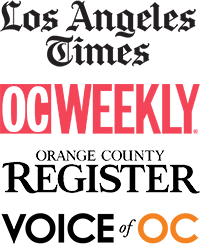
JAMES M. CRAWFORD
Criminal Defense & Appeals Attorney
Ratings


Memberships


Media Coverage


In California, human trafficking is defined as the act of recruiting, transporting, or harboring people for the purpose of forced labor or sexual exploitation. This can include a wide range of activities, such as compelling someone to work against their will or compelling a minor to engage in a commercial sex act. There are several possible ways to defend against human trafficking charges in court.
One common defense is to argue that the defendant was not involved in trafficking at all. For example, if the defendant was falsely accused or was misidentified, they may be able to argue that they are not guilty of the crime.
Another possible defense is to challenge the way in which the evidence was obtained. If the evidence against the defendant was obtained through illegal means, such as an unlawful search or seizure, the defense may be able to argue that the evidence should be suppressed and not used in court.
Additionally, the defense may be able to argue that the defendant was a victim of human trafficking themselves. In some cases, defendants who have been trafficked may be eligible for specialized programs and services that can help them recover and rebuild their lives.
Overall, there are many different ways that a defendant can defend against human trafficking charges in court. By challenging the evidence against them and presenting a strong defense, the defendant may be able to avoid a conviction and secure a favorable outcome in their case.

